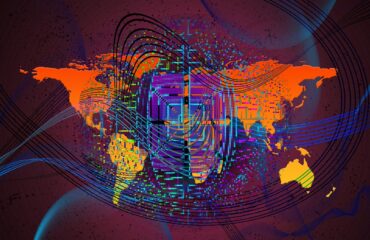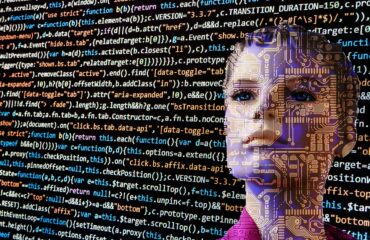Rapid Increase in Fake Online Content Highlights Urgent Need for AI Detection Technology
Generative AI tools like ChatGPT are making life-like images and content that are nearly impossible to identify as fakes and are being used to violate copyright, for deception, and even for blackmail and extortion. A recent survey found that fakes comprise as many as one-third of the videos recommended by YouTube’s algorithms to new users, while AI-generated content predominates in new websites. Although tools for detecting AI-generated content are improving, they remain unreliable as deception spreads widely.






